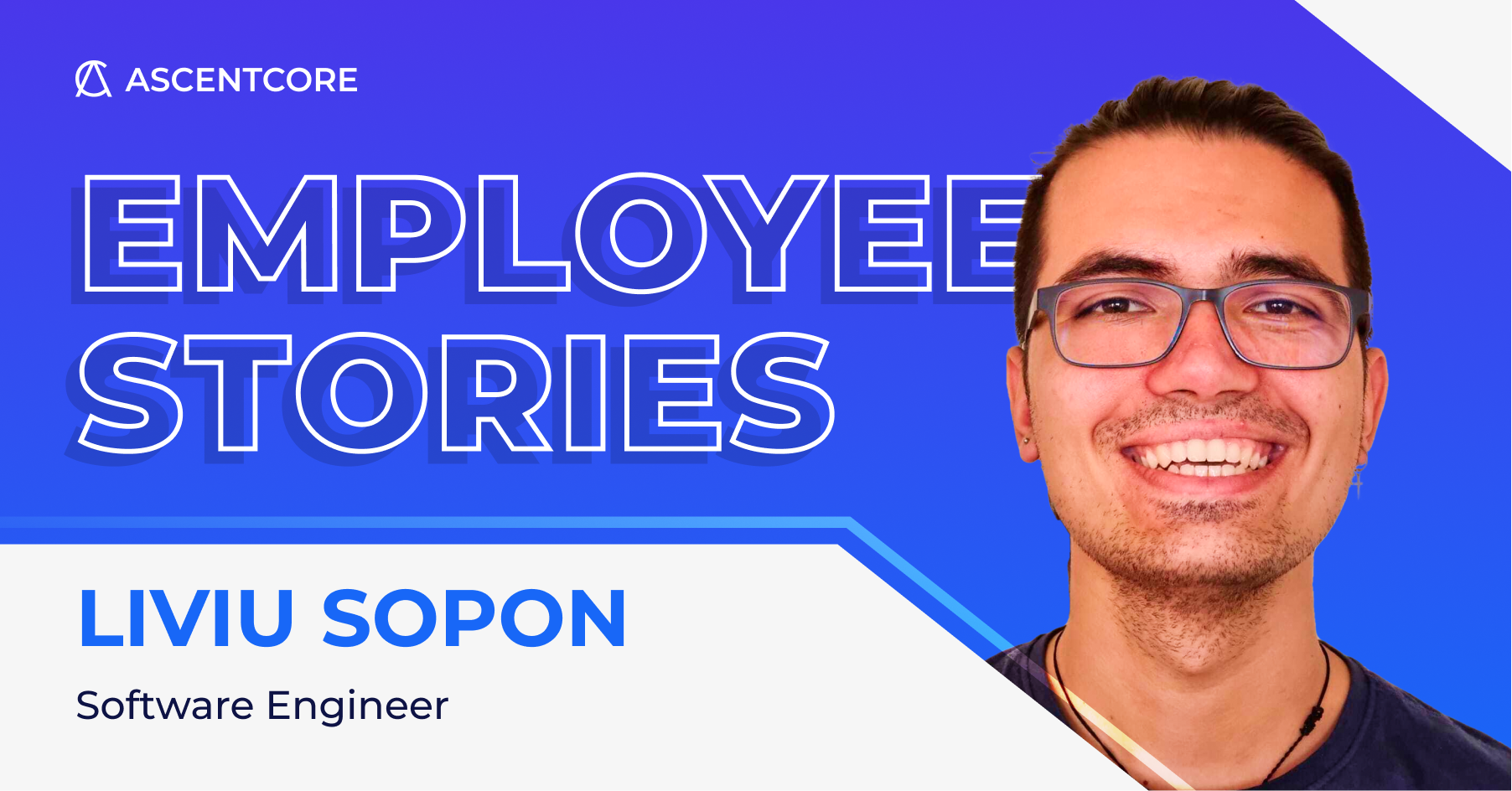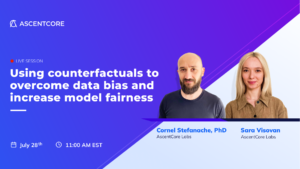We had a sit down with Liviu to discuss a whole bunch of topics and it genuinely turned into an amazing talk about how passions helped him become a talented Software Engineer. All in all, our discussion about a typical work day and spending personal time, as well as his career path lead us to deeper topics, with amazing references, such as the Great Filter or the Triforce, as well as great info sources, but you have to read his Employee Story to catch onto these topics. Trust us, it’s worth the read. So let’s dive into the interview.
Tell us a bit about yourself. How does Liviu usually spend his personal time?
Usually knee-deep in at least 3 different projects all the time. I relax by doing stuff, counterintuitively, and there are lots of domains that interest me, which results in a hodgepodge of activities. For example, right now I am writing a horror novel, working on a surrealist 3D animation, building an app related to pets, and creating retro-inspired arcade video games. And these are only the things I am doing currently at least once a month. I also dabble with photography, special effects, filming and editing videos, 3D sculpting, and repairing small electronics. And on top of that, I have my Master’s dissertation that I need to write and the second Master’s year that I need to finish.
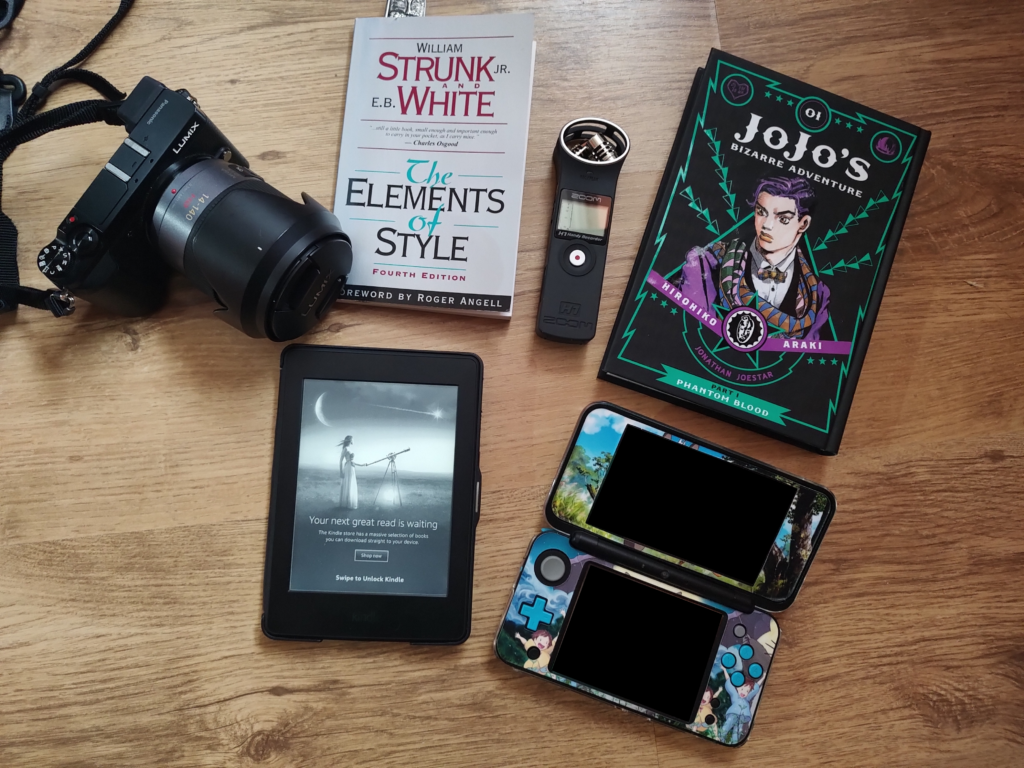
When I’m not working on some project, you can find me enjoying just as many topics as projects I’m working on. Right now I am finishing watching an animated series, reading a book, and beating a few video games I still have started. Occasionally, I read and watch stuff related to art analysis – generally a lot of essays on movies, books, or video games.
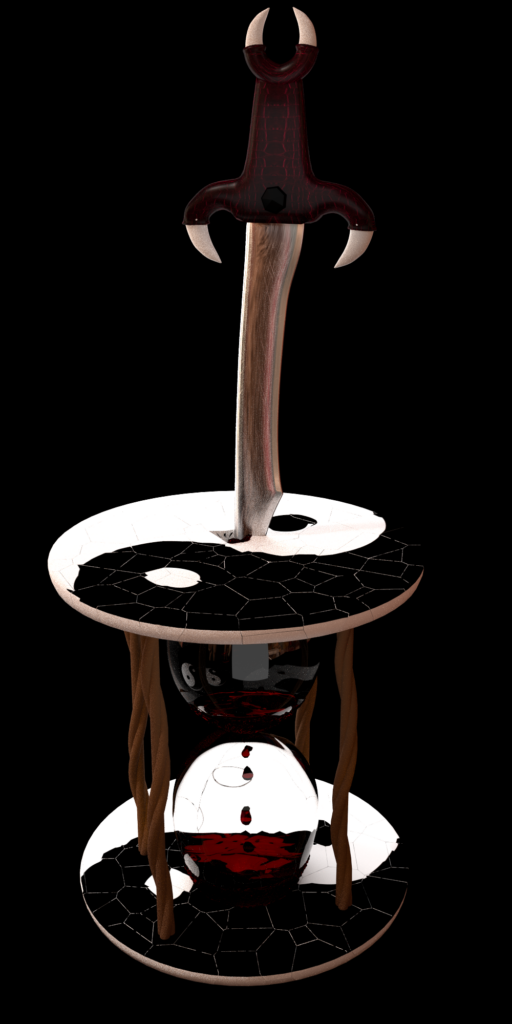
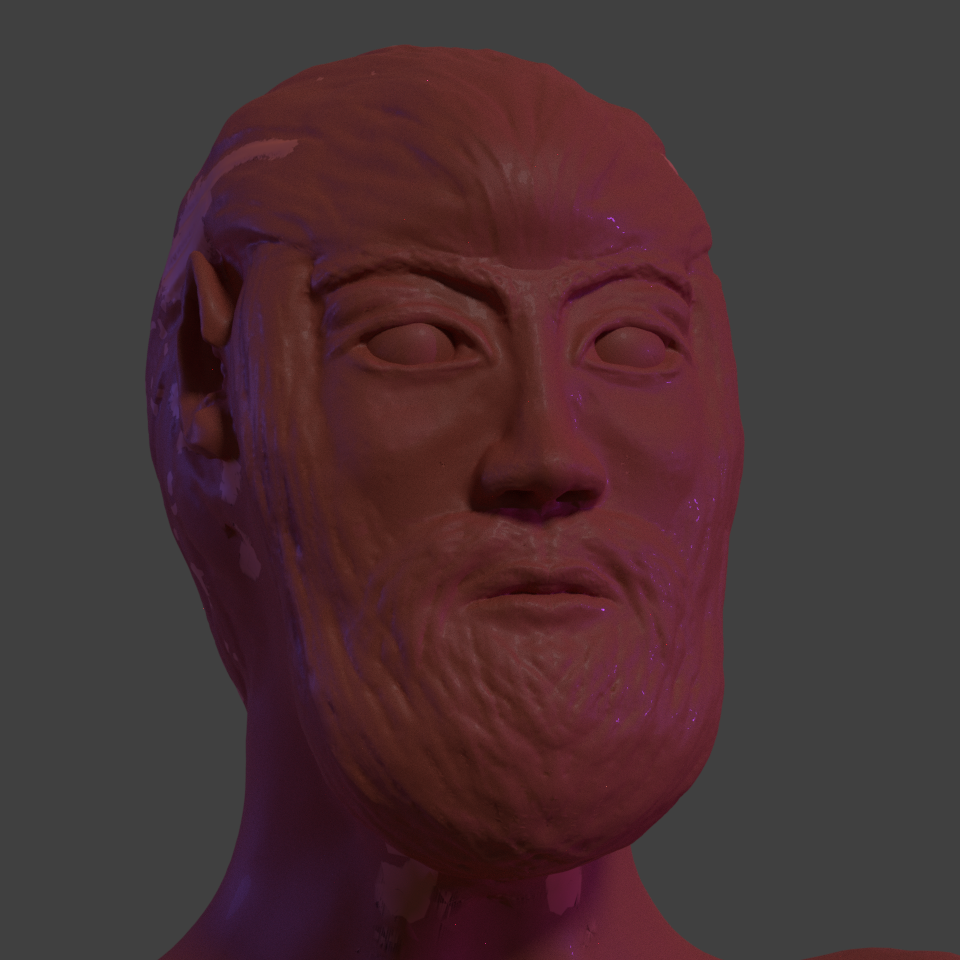
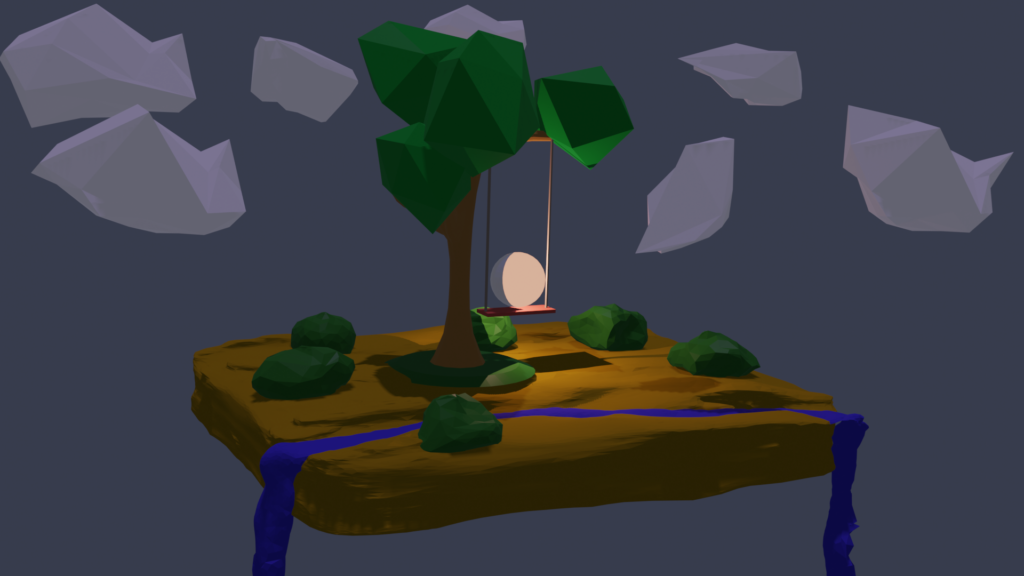
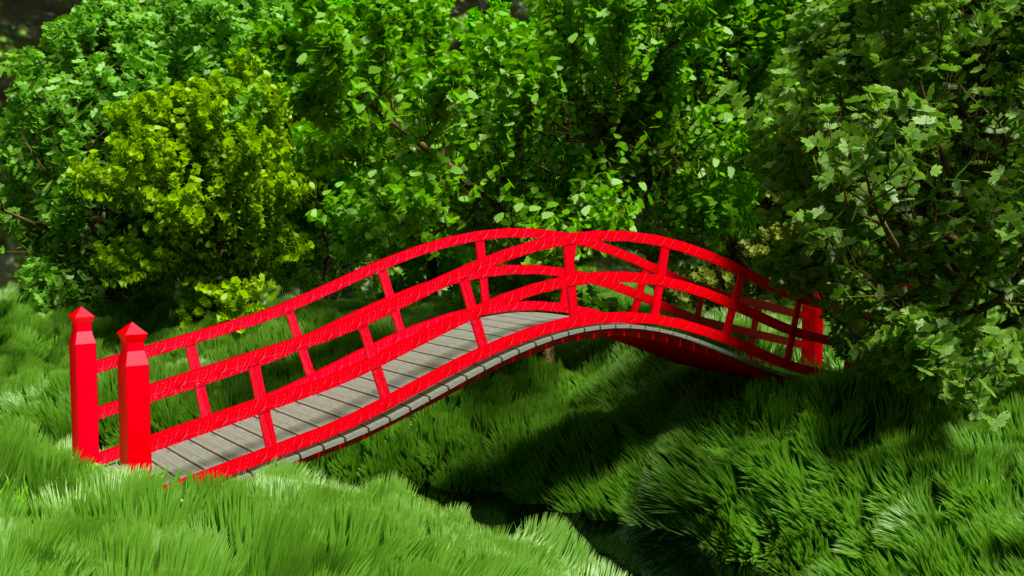
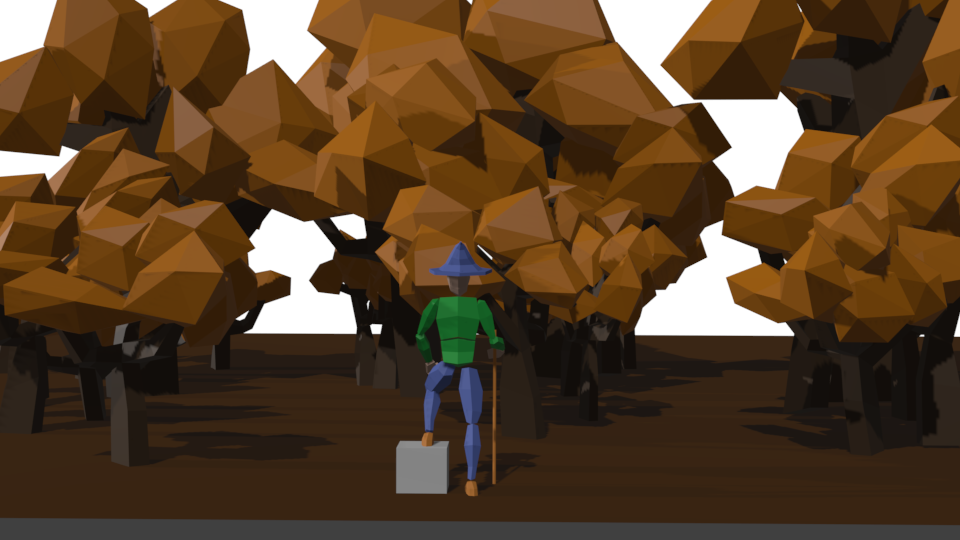
I also like taking walks and, if the city allowed it, I would have loved going on bicycle tours. As it stands, though, it’s mostly walking around and admiring everything in sight, visiting my family, playing with my pets, and visiting my friends from different cities. The visiting part is something I’m still working on because I tend to get absorbed by my projects and forget about everything else while I am focusing on them. It’s a continuous, conscious effort to make sure people don’t feel like I completely forgot about them during those times.
What led you on your career path, to ultimately become a Software Engineer?
Video games and AI. I am the younger brother, by nearly 3 years, so when I was born we already had one of those bootleg Terminator home consoles that could play NES games on cassettes that you’d purchase from the market for something like $2 each and they’d be full of homebrew modifications of popular NES games or, if you were lucky, just the NES games themselves without any modifications.
I cried when we received our first PC. I was 4 at the time and I hated it – I said I would never use the PC, because I have my “TV game” and I didn’t need the computer. But after I learned the ropes of how to use the PC, neither my parents nor my brother could get me to do anything but spend time on the computer. The next PC we got, when I was something like 7 or 8, had some defect either with the HDD or the processor, because it thought everything I was installing was corrupt. It was grueling getting anything to work on that PC, but it taught me to be resourceful – it taught me how to Google stuff and how to think outside the box: archives were problematic, but if you made digital disks (.iso files), for some reason those could be unarchived without issue. So we installed everything on the older computer and moved it to the new computer using .iso files.
By the time I was in the 8th grade I was already deep in multiple gaming scenes: trading, emulation, video game journalism – and I was dabbling with game dev using GameMaker and RPG Maker. I wanted to study philology in high school, I didn’t want more math, but, surprisingly, my math teacher convinced me to go towards computer science because she thought I’d like the programming aspect a lot. She was right, I loved programming in high school. But studying CompSci was not my first choice of faculty. I wanted to study pedagogy and improve educational curricula. I was particularly interested in how people learn and how to better adapt school lessons to the current generation. However, I spent a couple of weeks there realizing I disagreed with their perspective on learning, so I quit the faculty.
Meanwhile, my interest in how people learn was only increasing and that led me to Python, data engineering, and AI. So I made up my mind to go and study Computer Science at a more formal level, and I had a blast – I even discovered I liked the math related to CS. Studying CS, I started being interested in more and more fields, and that led me to want to learn about other topics in CS as well.
And during all of this story, ever since I was 13, I found ways to make the odd buck here and there through different skills, up to where I was full-on doing low-level data engineering in high school without even knowing that was what I was doing. I’d say that also helped quite a bit.
What does a typical workday look like for you?
Is there a typical workday? Hardly. I try to do some code reviews in the morning, lest I forget about this part of the workday. Afterward, it depends on the workload and what I need to do except for the tasks in the current sprint. It’s like this: if we have a lot of tasks to do, I focus my time and energy on the tasks – it’s important for me that we finish on time as much as possible. Everything else can take a step back.
If we are close to the end of the sprint and there are no tasks left to do, I usually take the time to handle other aspects, such as gathering some ideas for the AI Community or checking in with the presenters for updates on their status.
Overall, as with all complex things in life, it depends. There is no typical workday, and I like being flexible: I adapt to the current business needs.
You recently became the AI Tech Community coordinator. Tell us a bit about your vision and mission for the community.
Lack of knowledge fosters fear. Knowledge fosters understanding. I hope that the AI Community can become a cornerstone of information related to everything AI, not just inside the company, but outside as well. I want to get people more and more interested in tech and what it can do for us because it feels like we are standing on the edge of something revolutionary.
Predictions have been volatile for the last century or so, and I feel like this is a similar situation: we have constantly been on the cusp of changes to our way of life, so we either adapt or the times leave us behind. And in order to adapt, we need knowledge. I hope the AI Community becomes a hub of learning for everyone and hopefully, some public articles will come out of our discussions.
Except for that vague response, the community is a group effort, so it wouldn’t be fair for me to be the only one who talks about the vision and mission. I don’t see my role as the go-to person for everything related to the community. I prefer to see it as being the on-duty person for administrative tasks: setting up meetings, making sure people interact and feel welcome to share their opinions, and summarizing events. The rest is everyone’s involvement.
What is your favorite tech?
I don’t like choosing favorites. If I were to name something in terms of hardware, I’d say transistors are my favorites, because they allowed the world to be shaped as we currently know it. In the grand scheme of things, my whole life has been spent around transistors, so yeah, they are my favorites.
In terms of software, anything related to video games is close to my heart. And believe it or not, this also includes multiple types of AI. I believe in a “the whole is more than the sum of its parts” approach, and, digitally speaking and from an art perspective, video games are the embodiment of that belief: a conglomeration of music, sounds, graphics, AI, writing, and programming logic lead to experiences which have shaped a lot of us and they end up shaping more and more people each year.
And on a more serious note regarding hardware tech, I love everything that enhances our abilities (exoskeletons, for example) or gives them back after accidents (motorized prosthetics).
What emerging tech are you most optimistic about? Least? And why?
For both of these, the answer would be AI. I love what AI can do and the advancements we are making in these different fields, but it is also quite concerning from certain perspectives. I see the possibility of a utopian future where we achieve endless growth thanks to our machines, but I can also see the reverse if we are not careful. I think the coming decades will be a test for our maturity as a species, from multiple perspectives, and this might just be a Great Filter that we need to pass. I like to maintain my optimism regarding our direction overall, though: we will manage, as long as we each do our part, whatever that part may be.
Honestly, I am less than enthusiastic about some of the current uses of AI, and that’s a topic that needs to be properly addressed, which is going to be a group effort, I think. We are on the verge of a new revolution, akin to the invention of the steam engine, and how we will deal with this changing landscape is entirely up to ourselves. One thing is certain: we will need to adapt quicker than ever before.
On the other hand, some other current uses of AI are constantly making the world a better place, and I have a strong belief that we can all live richer, fuller lives through the use of AI as long as we do not overindulge.
For something to be capable of great good, it must also be capable of great evil. As with all good things in life, there must be a balance.
What’s the best piece of tech-related media you’ve read/watched/listened to?
It’s impossible for me to pick just one. I’m very much a person that needs exact definitions to provide the answer, otherwise, there are just too many possible answers, which makes answering nigh impossible. However, I can pick a relatively recent one that discusses important matters: Don’t Hex the Water, but also a lot of exurb1a’s content in general.
The video talks about our right to privacy and dealing with the current panopticon that is modern tech. The more our physical lives and digital lives become intertwined, leading to a strange hyperreality, we need to keep in mind our rights, not just related to privacy so that we don’t lose our grasp on them without even a chance to react. I’d say the first step in this direction is encouraging tech literacy, especially as it becomes harder and harder to discern the fake from the real in the digital world.
I am an avid fan of open source and of using technology to better the lives of people. Open source is one of the more democratic fields – of the people, for the people – and this principle should reflect on other facets of society as well. In my opinion, cooperation is key, always.
Which is your favorite AscentCore value and why?
There is no favorite. I’ve mentioned before that I value balance above individual attributes, and this applies here as well. I see these values as a Triforce in the business world – the whole is more than the sum of its parts. Picking a favorite, for me, would just destroy this balance that allows us to be who we are.
What is the most important lesson you’ve learned in your time here at AscentCore?
Time management is a skill that’ll help you a long way. That’s the lesson I learned as I started taking on more responsibilities in my time here, slowly ending up in situations where there was something to do for every minute of every day sometimes. Now I am not only a developer, but also the person that usually creates summaries of the courses we are taking to hone our skills, the AI tech community coordinator, and the owner of a few business-related (and not only) meetings. I honestly love it, because I’ve always been fond of diversifying skill sets and encompassing more than what is required by the role I’m in currently.
I think growth comes from tackling challenges, and one of the prerequisites for this is having the time necessary to do it. In a world starved for time, getting back ownership of your hours is one of the most liberating things you can do.
